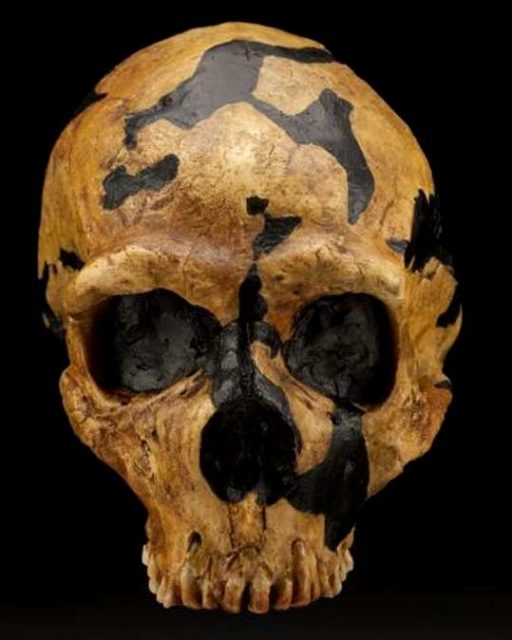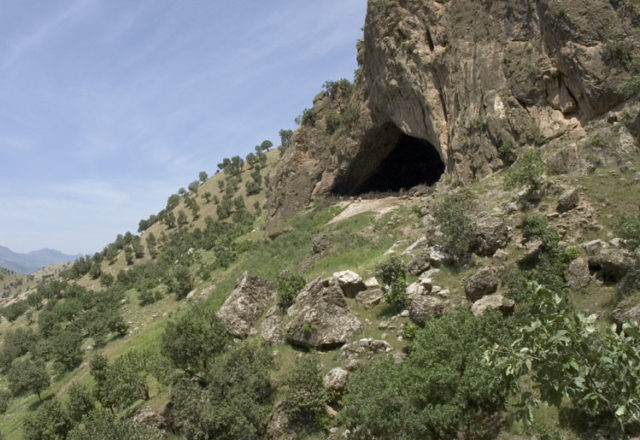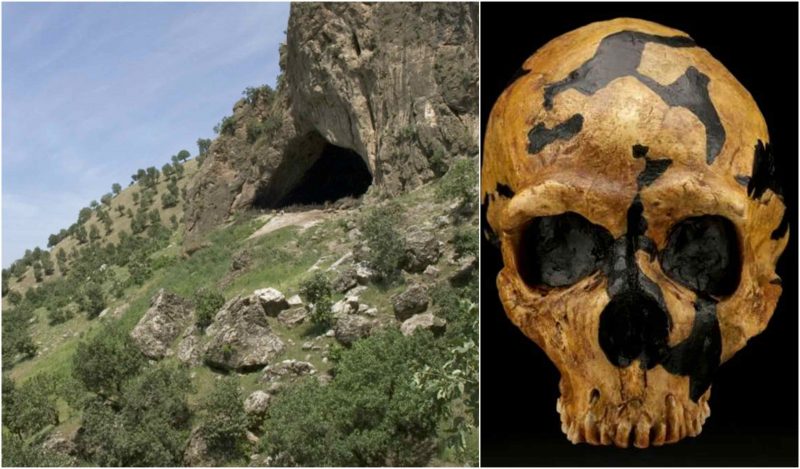As species that evolved pretty much on the same fundamentals as modern humans and then went extinct; the Neanderthals have intrigued researchers for a long time and the information about them is still piling up.
Previous studies into the life and customs of the Neanderthals suggested that they might have exhibited a dual nature; that they behaved and operated like typical cavemen however they possessed some quiet intricate spiritual customs that are often attributed to modern humans and not with Neanderthals.
However, scientists are now challenging this notion of soulful Neanderthals, suggesting that previously held belief that cavemen carried out elaborate funeral rituals and buried their dead on the beds of flowers is mistaken and requires serious reconsideration.
Palaeontologists are now suggesting that the pollen of flowers discovered in a Neanderthal grave may have come from plants that grew there accidentally and were not left by those who buried the body.

The theory about the spirituality of the Neanderthals started surfacing in the 50’s after the discovery of a grave site in Iraq which was located in Shanidar Cave. The cave located in the Kurdish Iraq has not been extensively examined due to the instability in the region; hence the theory slowly turned into a more concrete fact over the years.
The reason behind the spiritual Neanderthals theory becoming an accepted notion was the apparent lack of any evidence that could conclusively contradict that theory.
While conducting the research in the Shanidar cave, a French pollen expert found fragments of clumps of pollen inside a Neanderthals grave. The remains in the grave dated back to 35,000-63,000 years ago and were apparently laid to rest on a large collection of flowers.
This gave rise to the theory that despite the fact that the Neanderthals lived the life of hunter-gatherers in caves, they had evolved into a more sophisticated and spiritual beings; burying their dead people with honour and possibly having a belief system about the afterlife. The findings shifted the way researchers looked at the Neanderthals and their customs and started believing that the cavemen possibly had much more sophisticated life system then we may attribute to them.
But when a couple of seasoned scientists visited the cave after almost 60 years; they found the evidence that completely toppled the notion that Neanderthals were these soulful beings, a property they possibly possessed alongside their hunter-gatherers ‘daytime job’.
Doctor Chris Hunt, a palaeontologist from Liverpool John Moores University, and his colleague Marta Fiacconi, visited the Shanidar cave to carry out a fresh study on the pollen apparently scattered in the Neanderthals burials. They found the similar clumps of pollen in the graves that were analyzed previously. However, they came to a different conclusion altogether about their existence in the graves; one completely opposite to the popular belief about the Neanderthals.

Doctor Hunt said that their discovery would fundamentally change the notion that the Neanderthals were highly sensitive in terms of life and death and that they possibly had beliefs about the afterlife. Hunt added that despite the fact it ends a lovely story; it nevertheless proves that Neanderthals will never cease to amaze and intrigue the researchers and that it’s pretty much back to drawing board for us in terms of knowing more about their lifestyles. The study concluded that the fragments of pollen discovered in the grave resemble those found abundantly in the region, and it is extremely possible that these were carried in the cave by bees and not by the Neanderthals.
